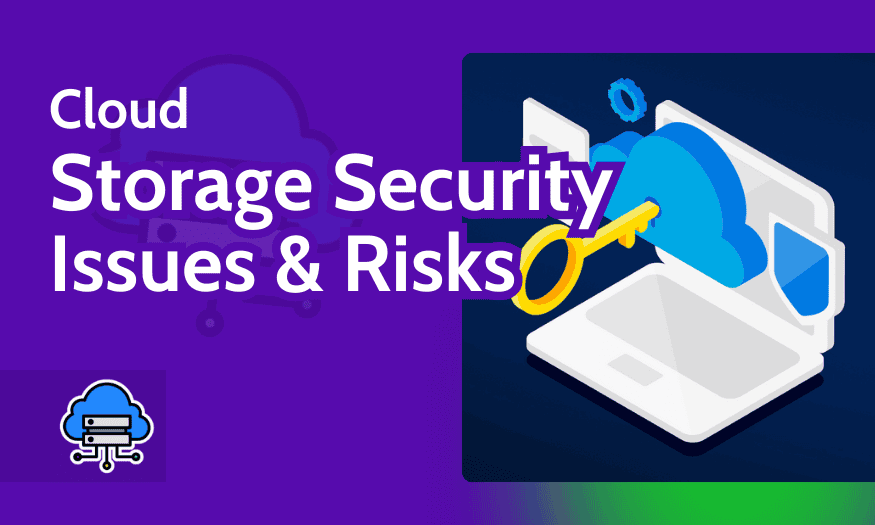
9 Important Safety Tips for Cloud Storage
Cloud storage has become essential for mobile and computer systems, with most organizations turning to it. You can store anything from documents and music to passwords, videos, audio, and photos. There are many cloud storage options available. The benefits are substantial, especially if you care about keeping your data safe.
Cloud storage has worked for many businesses and individuals looking for safe ways to store valuable files. Remember, it’s your responsibility to enhance security. Connect with a reputable IT manager and let them create a reliable cloud storage plan for you.
Check out these tips to improve cloud storage security.
Use Reliable Passwords
Passwords are typically security codes that monitor access to a site. You should set reasonable limits for your company’s or personal cloud storage to deter unauthorized access. Unfortunately, this is not the time to shine with your favorite color, date of birth, ID number, or other letters and words easily guessable by nosy people.
A strong password should blend symbols, upper- and lowercase letters, and numbers and be approximately 12-14 characters long. Also, try not to make it similar to your previous ones unless you include regular updates.
Understand the Dos and Don’ts
Cloud users should learn the basics and rules of their storage system. This helps you avoid practices that might compromise the security of your documents. These often include how to set passwords and manage other general procedures.
Important information is usually found in the provider’s privacy notice and terms and conditions. Knowing these details also protects you from scammers and other fraudulent individuals.
Ascertain Data Encryption Before Every Upload
Data encryption involves encoding information so only the user can access it. It’s a vital method for people storing files in the cloud to keep them safe from unauthorized access.
You should encrypt every file before uploading it to the cloud. This way, hackers can’t access your information. Personalized encryption is easier to manage than the one provided by the service.
Enable Data Backup
Backing up your files ensures you can recover them if your main storage is deleted or compromised. This is essential for cloud storage users to avoid losing unauthorized information.
A reliable backup should be automatic, updated, secure, tested, and separate from the main storage. Having a backup alone isn’t enough. It’s also wise to turn on notifications for any commands about to happen. This way, you’ll rarely do things accidentally.
Get a Reputable Provider
The developer or brand you choose for your cloud storage plays a big role in its performance. So, it’s important to carefully compare your options to find the best solution for your files. To pick the best provider, look at their past performance, reviews, security measures, clear pricing, and customer support. You should also check their reputation, legal compliance, reliability, and automation features.
Update Your Computer System Occasionally
Keep your computer system updated to protect your cloud files. Using outdated versions puts you at risk of attacks from scammers and cybercriminals because the system can’t handle even the simplest tricks.
Set your computer to update automatically with the latest versions and techniques. Also, stay informed about new products and practices that improve cloud storage security.
Acquire Anti-Malware Programs
Get reliable anti-malware programs to make cloud storage safer. These systems detect and fight potential threats to your cloud files.
Hackers always find new ways to access private data stored in the cloud, and you shouldn’t let them succeed. Programs like these can stop their efforts. Be careful about where you get these programs, as some people create harmful ones that look like they protect but actually don’t.
Manage the Devices Well
Managing devices involves checking which gadgets can access your cloud storage at any given time. By doing this, you can determine if any of them shouldn’t be there since you haven’t used them for a long time.
Once you decide which devices you want to keep, securing them with passwords is a good idea for added safety. You can also protect all your devices by frequently updating and upgrading their software.
Share Documents and Links with Trusted People
Check who you share your file links or documents with when they are available in the cloud. Untrustworthy people might try to change, download, share, or spread information to others. If you aren’t sure about the recipient’s trustworthiness, it’s better to download and send the files separately instead of allowing them access to your cloud.



